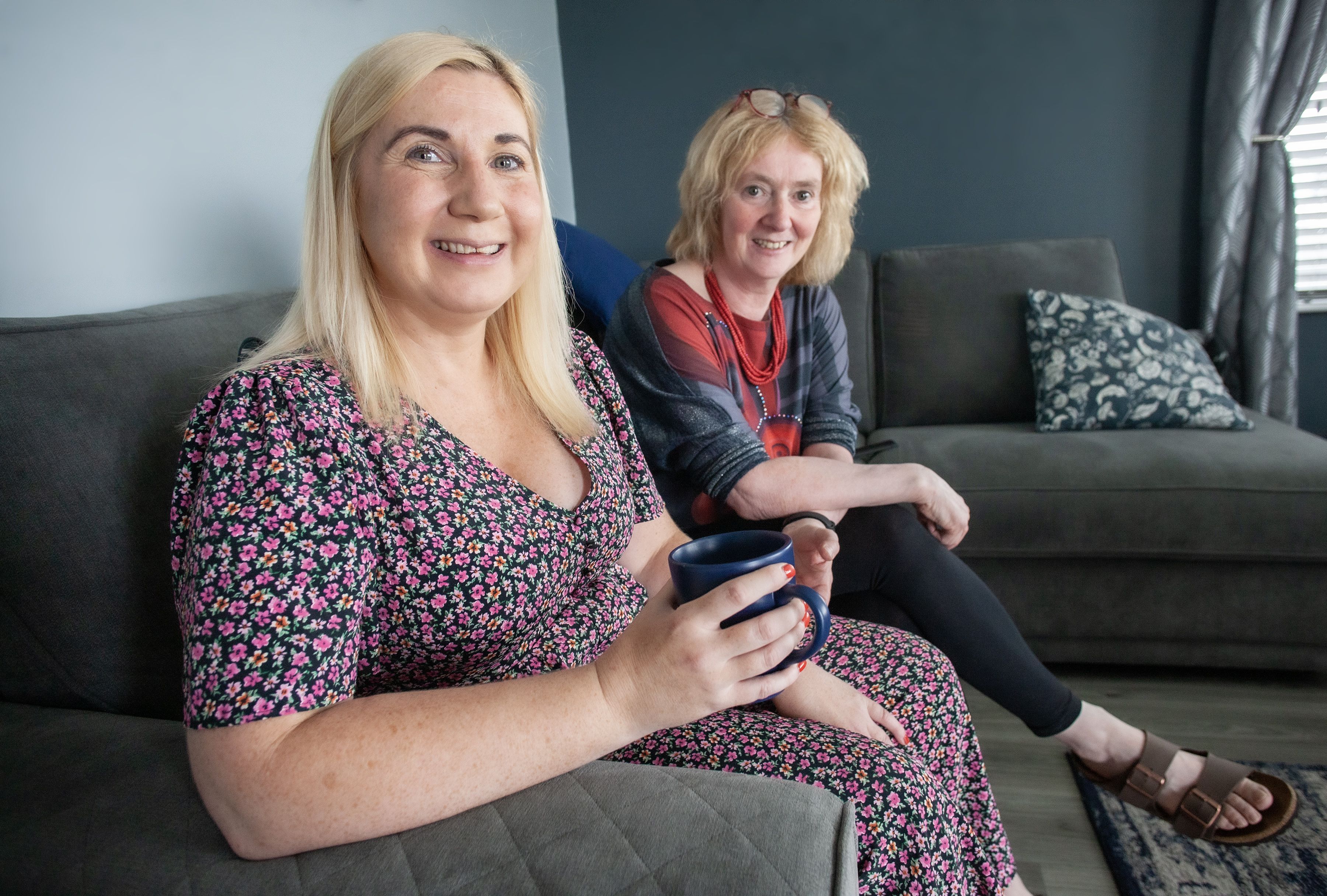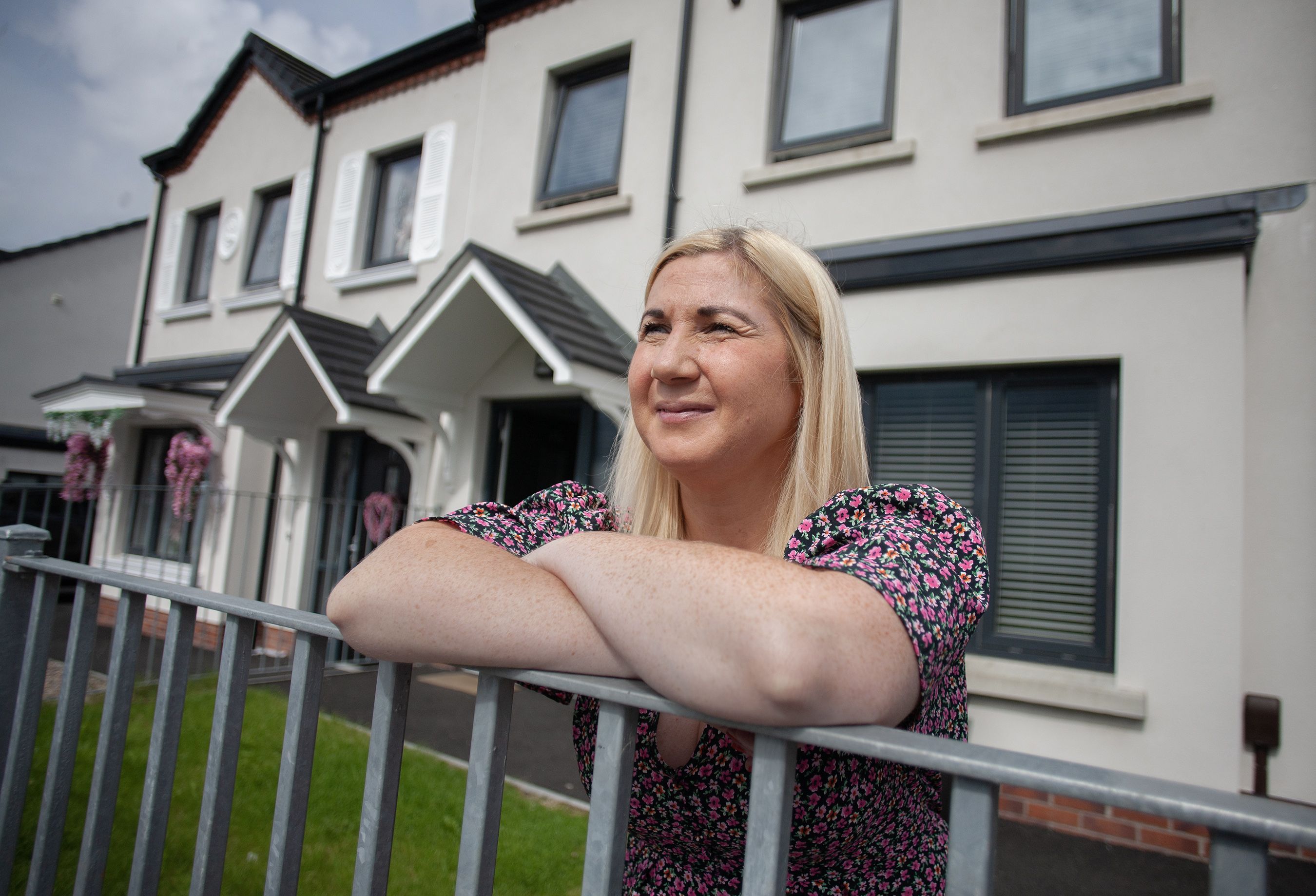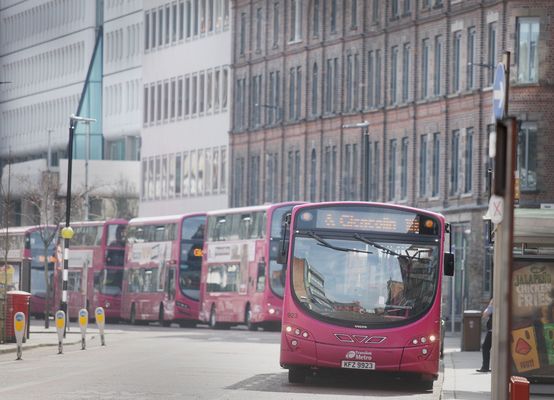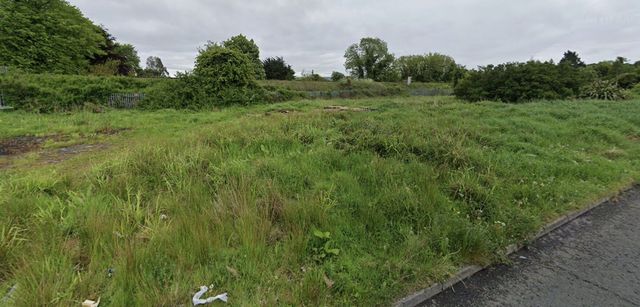A WEST Belfast woman has spoken about her struggle to come off anti-depressants and has called for alternative treatments, after new figures reveal one-in-four women in the North are being prescribed the medication.
Siobhan McCallin was prescribed anti-depressants for years after suffering a health scare. She now works with New Script – a campaign group with Participation and the Practice of Rights (PPR) – who are campaigning for a fresh approach to tackling mental health issues.
Siobhan said: "My world came crashing down following a sepsis ordeal in 2016 that led to a subsequent diagnosis of ME/CFS.
"It forced medical retirement from my teaching post in Christ the Redeemer Primary school, leaving me debilitated and devastated in equal measure. I was on various anti-depressants that helped for a while but I decided to come off them as at times I felt they were making me worse.
"I was mostly housebound and bed-bound. It was loneliness and isolation coupled with excruciating pain and fatigue that were driving my mental health crisis. The pandemic brought many blessings in that I had round the clock care and company due to my husband being furloughed and our children were going to school at home.
“Zoom was revolutionary and having a space to connect with like-minded people enabled me to transcend my pain and find voice through writing groups such as Scríbhneoirí an nSleibhe with Glór na Móna and The Rest of the Story with Michael Patrick McDonald through PPR.
"I gained great transformational healing and the trauma informed approach aided me on my journey of acceptance of my illness. I went from an observer in the bed to a participant of life again."
The new report shows the percentage of people who are being prescribed medication for mental health issues is highest in Derry and Belfast.
The Health and Social Care Business Services Organisation's (HSCBSO) report shows that in Derry the percentage is 23.4 per cent and in Belfast it is 22.5 per cent. A rise of 2.7 per cent since the previous year.
CAMPAIGNERS: Siobhan McCallin and Sara Boyce
The report also reveals that in deprived areas such as North and West Belfast the number of people prescribed medication is even higher, at over 26 per cent. There is also a large gender gap which reveals that two-thirds of those prescribed anti-depressants in deprived areas are women.
Throughout the North it shows that one-in-four women are currently being prescribed anti-depressants compared to 15 per cent of men. Prescription levels for anti-depressants in the North have also quadrupled over the last 20 years.
Sara Boyce, an organiser for the New Script, said these figures show people are being prescribed medication far more readily than they are receiving counselling services as the data showed £1.9 million was spent on counselling therapies compared to £13 million on prescribing anti-depressants.
Sara said: "These figures should ring alarm bells across our society. In those areas that bore the brunt of the conflict and that are being hardest hit by the cost of living crisis, over a quarter of the entire adult population are on anti-depressants.
"People’s trauma and emotional pain is being medicated, despite the evidence showing that there is no pill for trauma. Talking therapies and other therapeutic supports are rationed resources, with people experiencing a post-code lottery, long waiting lists and a cap on the number of sessions offered.
"The Department of Health continues to spend six times the amount on antidepressants as on talking therapies. Yet we know from over 220 people who have shared their own New Scripts for Mental Health with our campaign, the top priority for people seeking support for their mental health is access to the arts, creativity and nature, followed by access to individual and group therapy.
"This is a major public health issues and one we need visible leadership on from the Department for Health and the Chief Medical Officer."





